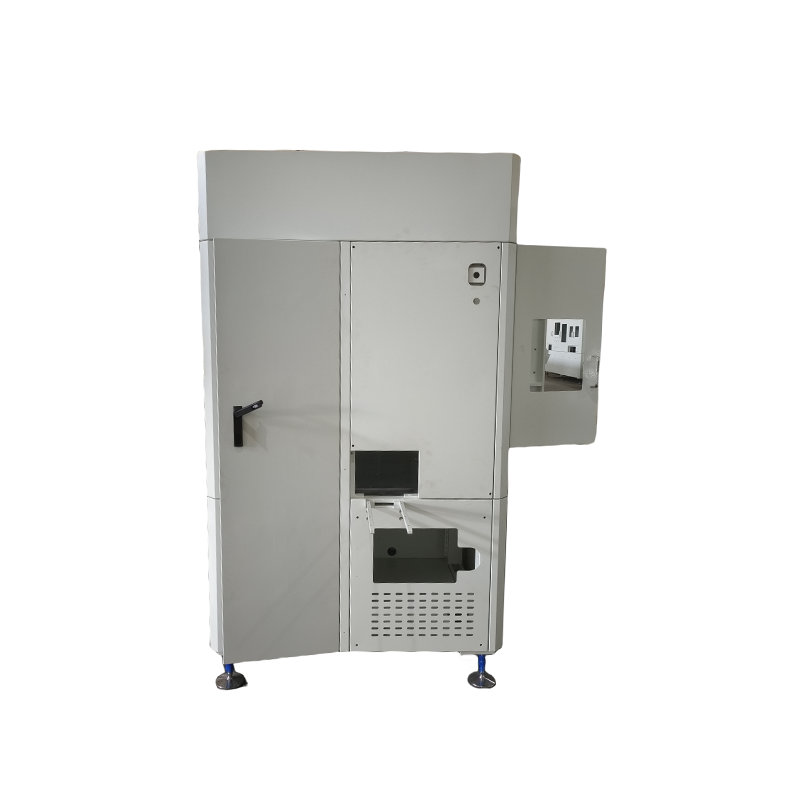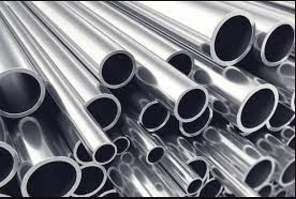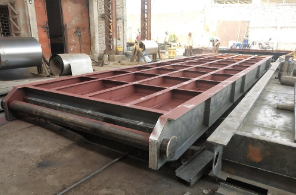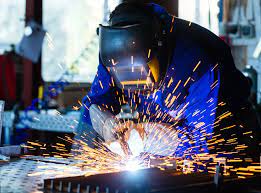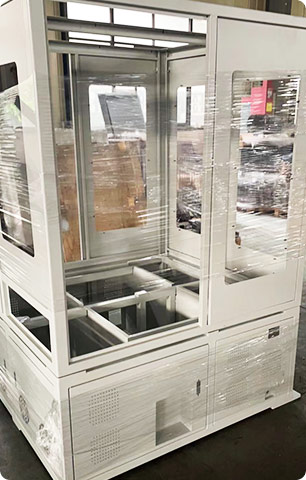The Essential Guide to Metal Parts Manufacturing: Techniques, Materials, and Best Practices
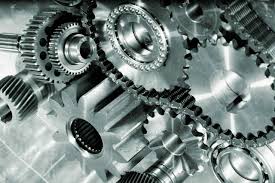
Metal parts play a vital role in countless industries, from automotive and aerospace to construction and electronics. Understanding the process of metal parts manufacturing is essential for ensuring high-quality outcomes and efficient production. In this comprehensive guide, we delve into the techniques, materials, and best practices that define this crucial industry.
Techniques in Metal Parts Manufacturing
Modern metal parts manufacturing employs a variety of techniques, each suited for specific applications. Here are some of the most common methods:
1. Casting: Casting involves pouring molten metal into molds to create intricate shapes. This technique is ideal for large-scale production of parts with complex geometries.
2. Machining: Machining involves the removal of material from a metal workpiece using tools such as lathes, mills, or drills. Precision machining is particularly important for creating parts with tight tolerances.
3. Forging: In forging, metal is shaped using compressive forces. This method enhances the strength and durability of parts, making it popular for automotive and aerospace components.
4. Sheet Metal Fabrication: Techniques like cutting, bending, and stamping are used to form metal sheets into desired shapes. This process is widely employed in manufacturing enclosures, brackets, and panels.
5. Additive Manufacturing: Also known as 3D printing, this technique builds parts layer by layer. Additive manufacturing offers flexibility and is gaining traction for prototyping and low-volume production.
Materials Used in Metal Parts Manufacturing
The choice of material significantly impacts the performance, durability, and cost of manufactured parts. Commonly used metals include:
1. Steel: Steel’s strength and versatility make it a top choice in metal parts manufacturing. It’s available in various grades and is suitable for structural and mechanical applications.
2. Aluminum: Lightweight and corrosion-resistant, aluminum is ideal for applications where weight reduction is critical, such as in aerospace and automotive industries.
3. Copper: Known for its excellent conductivity, copper is used in electrical components and heat exchangers.
4. Titanium: Titanium offers an exceptional strength-to-weight ratio and is commonly used in high-performance applications like medical implants and aerospace components.
5. Brass: Brass is valued for its aesthetic appeal and corrosion resistance, making it a popular choice for decorative and functional components.
Best Practices in Metal Parts Manufacturing
To achieve optimal results in metal parts manufacturing, adhering to best practices is crucial:
1. Design for Manufacturability (DFM): Collaborate with engineers to design parts that are easy to manufacture without compromising functionality.
2. Material Selection: Choose materials that align with the part’s intended application, considering factors like strength, weight, and corrosion resistance.
3. Quality Control: Implement stringent quality control measures, including inspections and testing, to ensure parts meet specifications.
4. Sustainability: Minimize waste and explore recycling options for metal scraps to reduce environmental impact.
5. Advanced Technologies: Leverage automation, robotics, and advanced software to enhance efficiency and precision in manufacturing processes.
Applications of Metal Parts Manufacturing
The versatility of metal parts manufacturing allows its application across various industries:
• Automotive: Components such as engine blocks, transmission parts, and body panels.
• Aerospace: High-performance parts like turbine blades and airframe components.
• Construction: Structural beams, brackets, and fasteners.
• Electronics: Heat sinks, enclosures, and connectors.
• Medical: Surgical instruments and orthopedic implants.
Why Choose Newtop Industry Group for Metal Parts Manufacturing
At Newtop Industry Group, we pride ourselves on delivering excellence in metal parts manufacturing. With years of experience and state-of-the-art facilities, we offer:
• Customized Solutions: Tailored manufacturing services to meet specific client needs.
• Precision and Quality: Advanced technologies ensure accuracy and high-quality outcomes.
• Sustainability: Environmentally friendly practices in all aspects of manufacturing.
• Expert Team: A dedicated team of engineers and technicians committed to innovation and customer satisfaction.
The Future of Metal Parts Manufacturing
As industries evolve, so does metal parts manufacturing. Emerging trends include:
1. Smart Manufacturing: Integration of IoT and AI for real-time monitoring and optimization of production processes.
2. Sustainable Practices: Increased focus on energy-efficient processes and recyclable materials.
3. Customization: Advancements in additive manufacturing enable highly customized solutions at competitive costs.
4. Global Collaboration: Cross-border partnerships and supply chains drive innovation and efficiency.
Conclusion
Understanding the intricacies of metal parts manufacturing is vital for businesses aiming to produce high-quality components. By leveraging the right techniques, materials, and best practices, companies can achieve efficiency and excellence. Newtop Industry Group stands as a trusted partner in this journey, offering unmatched expertise and cutting-edge solutions. Contact us today to discuss your metal parts manufacturing needs and experience the difference of working with industry leaders.


